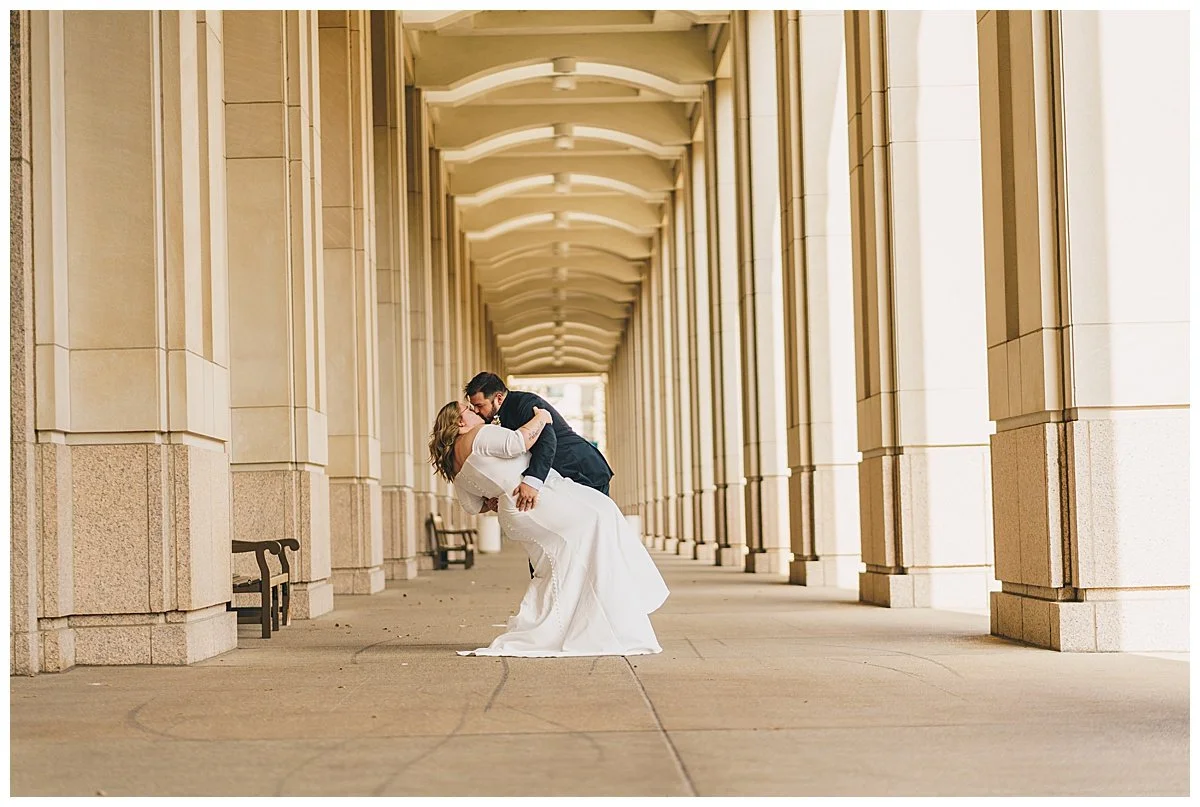The Pros and Cons of Choosing an All-Inclusive Wedding Venue | Nashville Wedding Venues
The Pros and Cons of Choosing an All-Inclusive Wedding Venue
When planning a wedding, one of the most important decisions you’ll make is selecting the venue. All-inclusive wedding venues have become increasingly popular for couples seeking convenience and efficiency. But like any choice in the wedding planning process, an all-inclusive venue comes with its benefits and drawbacks. To help you make an informed decision, let’s break down the pros and cons of choosing an all-inclusive wedding venue.
The Benefits of an All-Inclusive Wedding Venue
1. Convenience and Time-Saving
One of the biggest benefits of an all-inclusive venue is convenience. Everything you need for your wedding—catering, rentals, décor, and more—is provided by the venue. This means less time spent coordinating with multiple vendors and more time focusing on enjoying the planning process.
2. Built-In Vendor Relationships
All-inclusive venues typically have pre-established relationships with vendors, from florists to DJs. These vendors are often trusted professionals who are familiar with the venue’s setup and rules, which can make for a smoother event. Additionally, these relationships might save you time from having to research and vet vendors yourself.
3. Simplified Budgeting
An all-inclusive venue often provides a package price that covers most, if not all, of your wedding needs. This can help simplify your budgeting, as you’ll know upfront how much the venue will cost without worrying about coordinating separate payments for different services. With fewer moving parts, you can better track your expenses.
4. Stress-Free Coordination
Many all-inclusive venues provide a dedicated coordinator or wedding planner to manage all the details. From setting up your ceremony to managing the reception timeline, having an on-site coordinator can significantly reduce stress, allowing you to relax and enjoy your big day.
5. Bundled Services at a Lower Cost
All-inclusive packages often come with a cost advantage. By bundling services together, venues can negotiate better rates with their preferred vendors and pass those savings on to you. This can make your overall wedding costs more affordable compared to booking each service individually.
The Drawbacks of an All-Inclusive Wedding Venue
1. Limited Flexibility
One of the main drawbacks of an all-inclusive venue is the potential lack of flexibility. Since the venue handles many aspects of your wedding, you may have fewer options when it comes to choosing vendors, décor, or catering. If you have a specific vision or want to use a particular vendor that isn’t included in the venue’s package, you might find it challenging to customize your wedding to your liking.
2. Vendor Restrictions
Some all-inclusive venues require you to use their in-house vendors exclusively, meaning you won’t have the freedom to choose other professionals you may have had in mind. If you’re hoping to work with a specific photographer, caterer, or florist, it’s important to ask whether the venue allows outside vendors.
3. Lack of Personalization
All-inclusive venues often follow a standard format when it comes to décor, menu, and setup. While this is great for efficiency, it can limit the personal touches that make your wedding unique. If you have a very specific vision for your wedding, an all-inclusive venue might not offer the level of customization you desire.
4. One-Size-Fits-All Packages
While package deals can be cost-effective, they may also include services or extras you don’t need. This means you could end up paying for things that don’t fit your vision or that you won’t even use. It’s important to carefully review the package details to make sure you’re getting what you want without unnecessary add-ons.
5. Less Control Over Timing and Setup
Since all-inclusive venues often host multiple events, they may have a set timeline for when things can be set up and taken down. You may have less control over the setup process and may need to work within the venue’s schedule, rather than your own.
Final Thoughts
An all-inclusive wedding venue can simplify your planning process and make your wedding day more manageable by providing convenience, bundled services, and reduced stress. However, if you’re someone who values flexibility, personalization, or control over every detail, an all-inclusive option might feel restrictive. Before committing to a venue, consider your priorities and weigh the benefits against the drawbacks to ensure it’s the right choice for your dream day.
FAQs
1. What is an all-inclusive wedding venue?
An all-inclusive wedding venue provides bundled services such as catering, décor, and rentals, helping couples save time and money by handling multiple aspects of the wedding.
2. Are all-inclusive venues more expensive?
While the upfront cost may seem higher, all-inclusive venues can save money by bundling services, which often lowers overall costs compared to hiring vendors separately.
3. Can I bring in my own vendors to an all-inclusive venue?
It depends on the venue. Some all-inclusive venues have strict policies requiring the use of their preferred vendors, while others may offer flexibility.
4. What should I ask when touring an all-inclusive venue?
Ask about vendor restrictions, customization options, pricing details, and how the venue handles unexpected changes, such as weather-related issues.
5. How can I personalize my wedding at an all-inclusive venue?
You can work with the venue coordinator to add personalized touches like custom décor, signature drinks, or unique entertainment options within the framework they offer.
Ready to talk about us capturing your wedding day?

